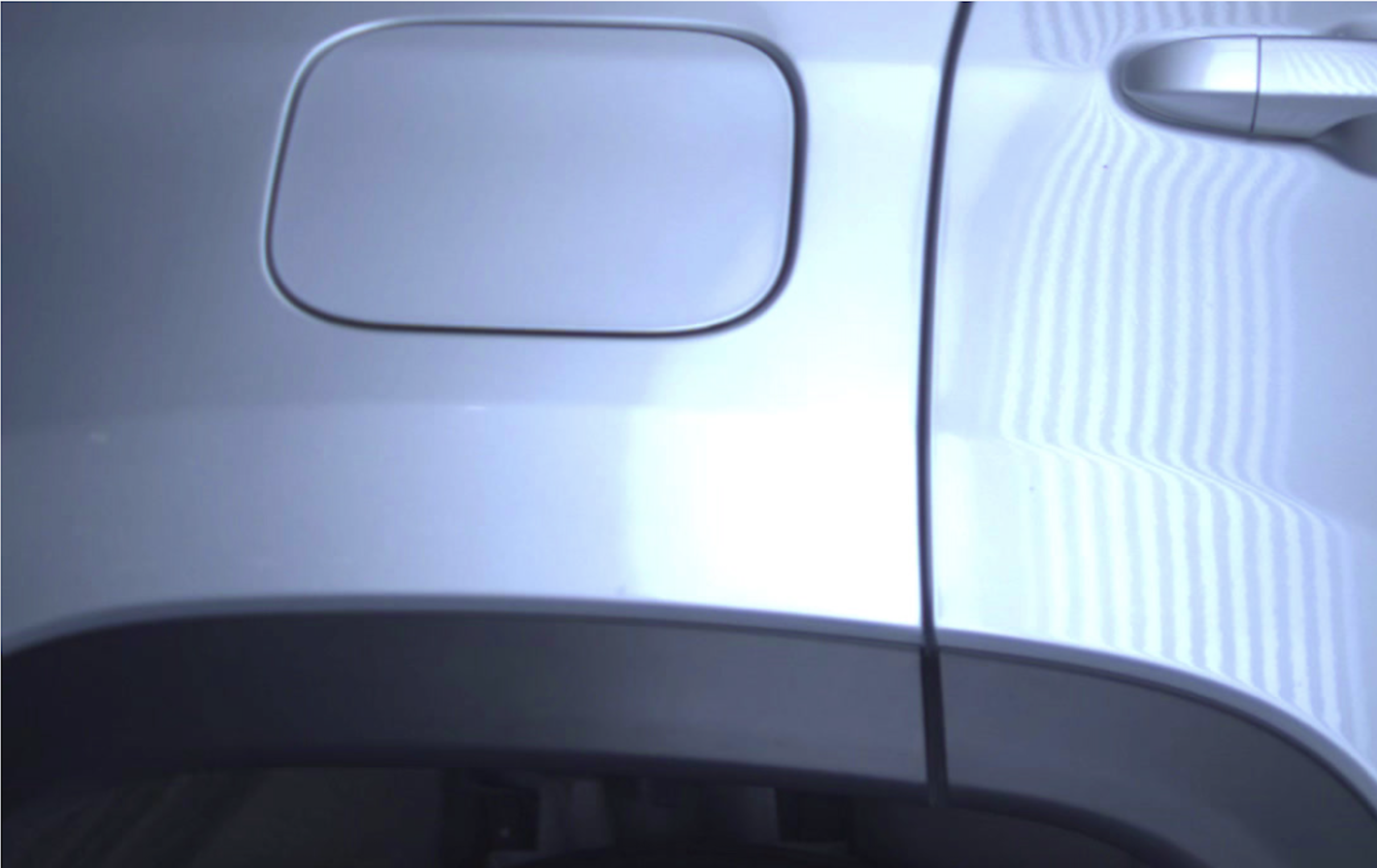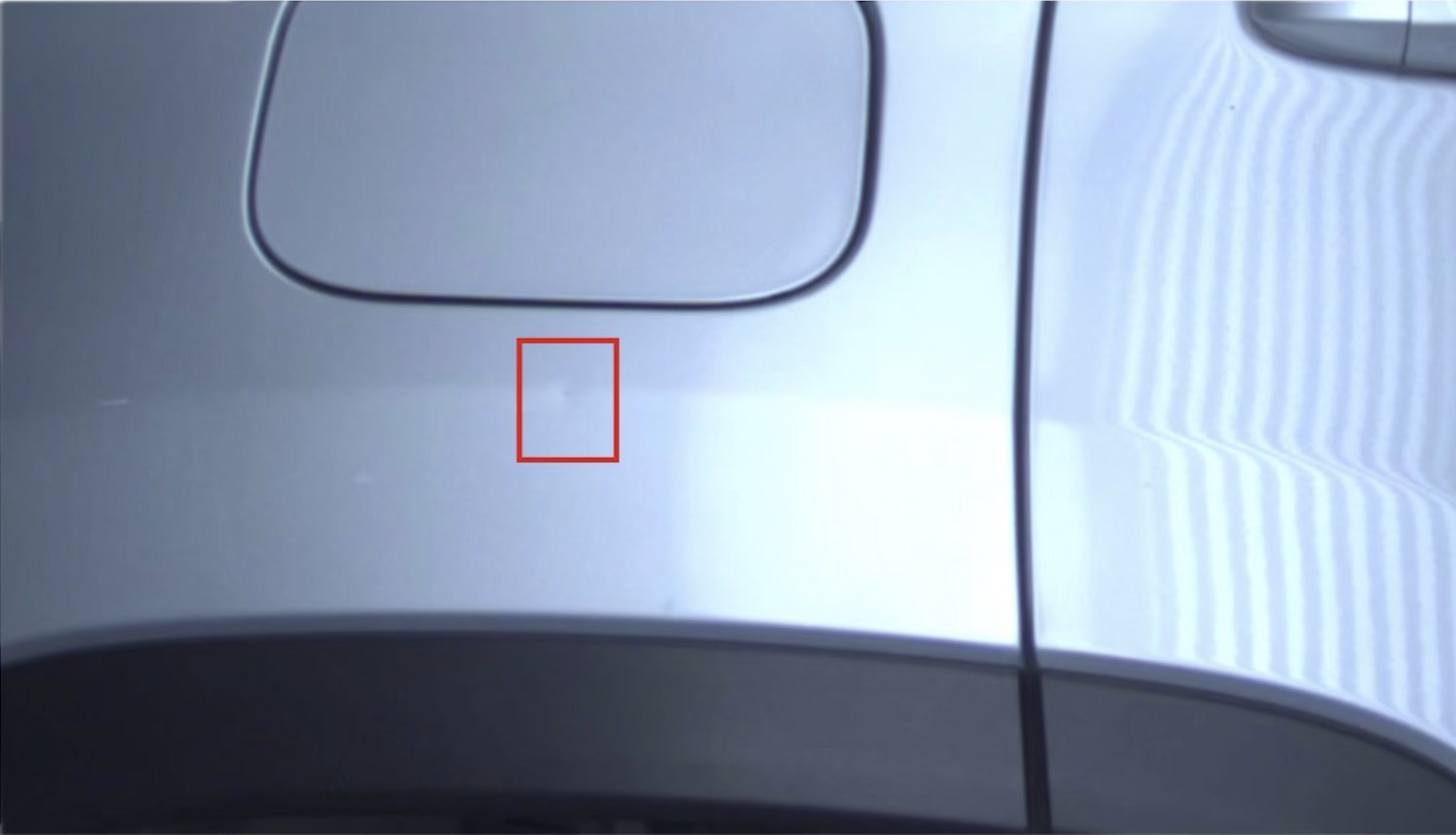Hertz says its AI-powered damage scanners are supposed to enhance your customer experience
One customer told us he got charged $195 for a dent that looked like he “crashed into an ant.”
In recent weeks, thousands of existing and potential Hertz customers have derided the company’s move this year to install AI damage scanners at US airport locations.
The scanners, created by tech company UVeye, have been found to charge renters steep fees for seemingly minor (or even nonexistent) dings. Customers online have criticized the scanners as an AI shakedown: an ethically questionable practice with the goal of squeezing more cash out of renters. The tech has led many to declare they’ll never rent from the company again.
Those customers would probably be surprised to hear that Hertz says it actually installed the scanners for their benefit.
On the company’s Thursday earnings call, Hertz CEO Gil West said the digital inspection tech is part of an effort to build customer trust:
“Our job [is] to continue earning our customers’ trust every day by delivering value, consistency and reliability. That’s what we’ve set out to do with our digital vehicle inspections.
For over 100 years, manual damage inspections have caused confusion and frustration, creating unnecessary friction with customers. This technology is designed to bring much needed precision, objectivity and transparency to the process... We know change of this scale takes time, and we’re listening, learning and improving every day. Our goal is to enhance the customer experience by removing friction, sharing transparency, [and] building trust, not just for the 3% who experience damage, but also for the 97% who don’t.”
West somewhat casually stated that 3% of customers experience damage — a figure the company has repeated when asked about the AI scanners. While that number sounds small, it is significantly above historical industry averages of less than 1%. Hertz has not responded to repeated questions about its AI scanning tech.
The idea that the scanners “enhance the customer experience” doesn’t exactly match up with customers’ experiences. Sherwood News spoke to one recent Hertz renter named Travis who was charged $195 for damage — a minor dent that he said he did not cause — after his rental car was scanned by AI at the Houston airport.
Below: the “before” scan of the vehicle, followed by the damage found by AI that resulted in a $195 charge.


Travis, who asked that his last name not be published, joked that the size of the damage he was charged for looked like he “crashed into an ant” and said that the company’s customer service (which began with a chatbot) was the worst he’d ever experienced.
“The way [Hertz] handled this situation and the predatory practice that they now have in place with these AI scanners has completely turned me off from ever renting from them,” he said.
Other customers posting on Reddit have shared similar sentiments, including one who said the scanner incorrectly charged for damage that was actually water droplets from rain.
It may soon become harder to avoid AI scanning tech, as Hertz has said it will be installed at 100 US airports by the end of the year. More major rental companies (Hertz, Avis, and Enterprise together control 95% of the US rental business) are reportedly testing the technology, too.
